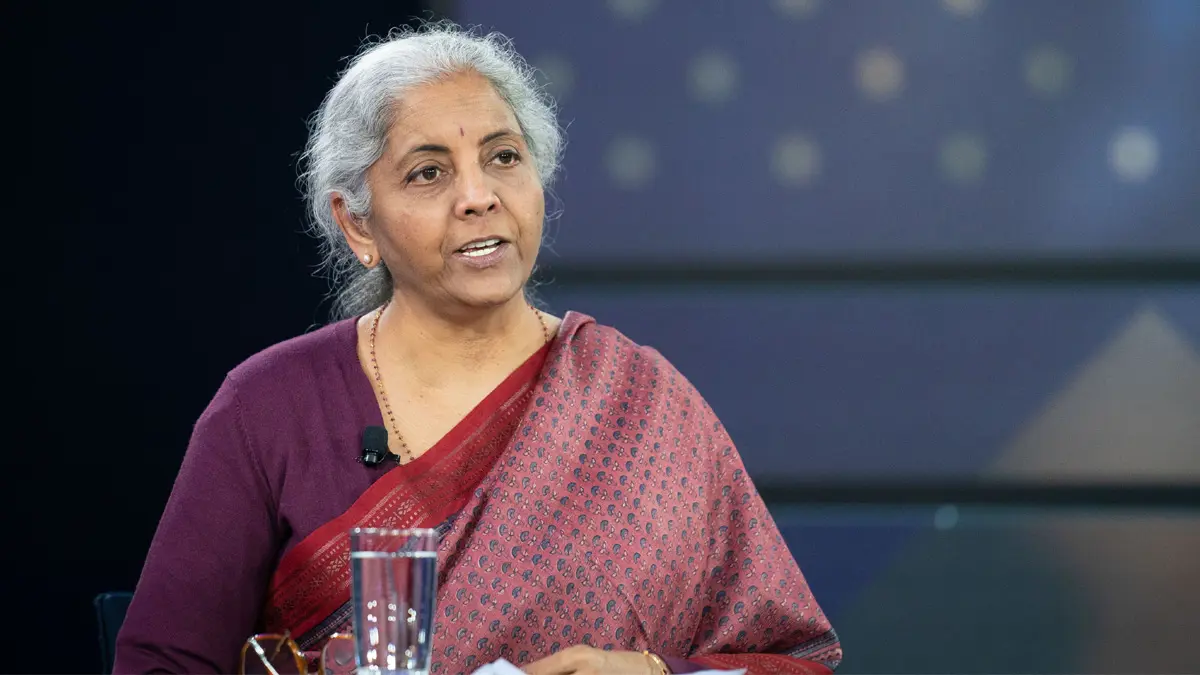GST Council recommends hike in GST on sale old vehicles to 18%
22 Dec 2024

The 55th meeting of the GST Council, at its meeting in Jaisalmer, Rajasthan on Saturday, recommended an increase in the GST rate on sale of old and used vehicles, including EVs, from 12 per cent to 18 per cent. This includes all old and used petrol vehicles of engine capacity of 1,200 cc or more and of length of 4,000 mm or more, diesel vehicles of engine capacity of 1,500 cc or more and of length of 4,000 mm as also SUVs.
GST is applicable only on the margin the supplier gets from the sale, ie, the difference between the purchase price and the sale price. This is applicable in the case of registered dealers and is not applicable to unregistered persons.
The Council also decided to exempt contributions made by general insurance companies towards Motor Vehicle Accident Fund from third-party motor vehicle premiums from the purview of GST.
General insurance companies that provide insurance cover for motor vehicles have to mandatorily make contributions from their premium collections under third-party accident insurance towards the pooled Motor Vehicle Accident Fund. This fund provides compensation or treatment to the victims of road accidents.
GST Council, chaired by union minister of finance and corporate affairs, Nirmala Sitaraman, recommended nil GST on transactions involving vouchers as these cannot be classified as supply of goods or services. The meeting also decided to simplify provisions related to vouchers.
There will also be no GST on ‘penal charges’ levied and collected by banks and NBFCs from borrowers for non-compliance with loan terms, the Council has clarified.
The meeting recommended a reduction in the pre-deposit amount needed for filing an appeal before the Appellate Authority against an order involving only the penalty amount.
The GST Council also, inter-alia, recommended the following changes to GST rates, with a view to provide relief to individuals as also for facilitation of trade and to ensure compliance.
Changes in GST rates on goods:
- GST rate on fortified rice kernel to be reduced to 5 per cent;
- Gene therapy to be exempt from GST;
- Systems, sub-systems, equipment, parts, sub-parts, tools, test equipment, software for assembly / manufacture of LRSAM system to be get IGST exemption;
- Compensation Cess on supplies to merchant exporters to be reduced to 0.1 per cent;
- Imports of equipment and consumable samples of the International Atomic Energy Agency (IAEA) to be exempt from IGST, subject to specified conditions;
- Concessional 5 per cent GST on inputs for food and food preparations intended for free distribution to economically weaker sections by the government;
Changes in GST rates on services:
- Sponsorship services by body corporates to be brought under Forward Charge Mechanism;
- Definition of declared tariff to be suitably amend in the case of specified premises (from the services rate and exemption notifications) and linked with actual value of hotel accommodation;
- GST rate to be made applicable at 18 per cent on restaurant services, for a given financial year, if the ‘value of supply’ exceeds Rs7,500 for any unit of accommodation in the preceding financial year, and 5 per cent without ITC - with an option to pay tax at the rate of 18 per cent with ITC (the changes will be effective from 1 April 2025);
- Taxpayers registered under composition levy scheme to be excluded from changes related to renting of any commercial/ immovable property (other than residential dwelling) by unregistered person to registered person under reverse charge mechanism.
Other changes related to goods and services include:
Amending the definition of ‘pre-packaged and labelled’ to include all pre-packed goods for retail sale containing not more than 25 kg or 25 litre;
The Council has clarified that Autoclaved Aerated Concrete (ACC) blocks containing more than 50 per cent fly ash content will attract 12 per cent GST;
Pepper in all forms - fresh green or dried - and raisins supplied by an agriculturist is not liable to pay GST;
Ready-to-eat popcorn mixed with salt and spices to attract 5 per cent GST if not pre-packaged and labelled and 12 per cent GST if supplied as pre-packaged and labelled; but will attract 18 per cent GST when mixed with sugar changing it to sugar confectionery;
Regarding ground clearance of vehicles in relation to Compensation Cess, it has been clarified that it is applicable with effect from 26 July 2023;
It has been clarified that RBI regulated payment aggregators are eligible for GST exemption as they fall within the ambit of ‘acquiring bank’ – this is not applicable to payment gateways and other fintech services which do not involve settlement of funds;
GST does not apply to ‘penal charges’ levied and collected by banks and NBFCs from borrowers for non-compliance with loan terms.
Trade facilitation measures
It has been decided to insert clause (aa) in paragraph 8 of Schedule III of the CGST Act, 2017 (with effect from 1 July 2017) to clarify that supply of goods from a Special Economic Zone (SEZ) or Free Trade Warehousing Zone (FTWZ) to any person before clearance of such goods for exports or to the Domestic Tariff Area, will not be treated as supply of goods or service.
It has been decided to omit sections 12(4) and 13(4) from CGST Act, 2017 and rule 32(6) from CGST Rules, 2017 to resolve ambiguities in the treatment of vouchers.
Further clarification will be issued that transactions in vouchers will not be treated as supply of goods or service;
The Council also decided to issue clarifications through circulars to remove ambiguity and legal disputes regarding requirement of reversal of Input Tax Credit by electronic commerce operators.
In order to streamline GST compliance, the Council has proposed to insert new provision for track and trace mechanism.


















